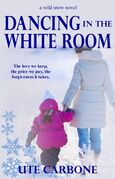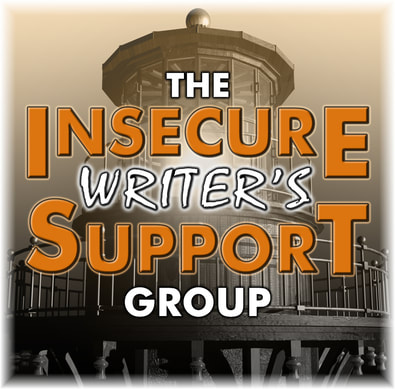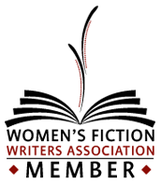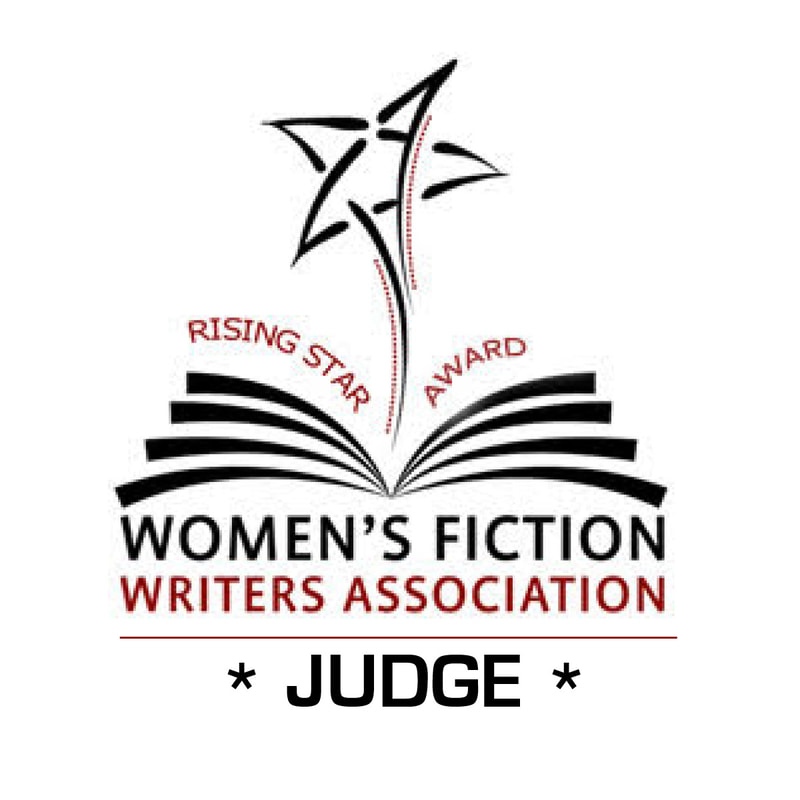It's a question that has been asked and discussed in every writing group. My opinion? Of course, you should read. Read a lot. Read all the time. Read cereal boxes and road signs and newspapers and blog posts (yes, especially blog posts!). Read poetry and prose and writerly essays and good books in whatever genre you write and good books in genres you wouldn't dream of writing. Read some bad books, too. But read. Then read some more.
As you can no doubt tell, I have a strong opinion on the subject. When I started this writing journey, years ago, by writing poetry, I devoured the poetry of others. I wanted to learn the secrets of masters--how did they turn those words into something beautiful? How did they, to paraphrase poet Billy Collins, make deer magically appear on the lawn? By reading, I absorbed some of these lessons. I learned how to make rhythmic sentences. I learned the importance of precision--use the right word, and the world opens up, use the right words, and the phrases start to sing. Oh, they don't always. On some days it feels the words sit lifeless on the page and don't even convey the right meaning. But practice, while it will never make you perfect, does make you better at putting words together. And who better to learn from than the masters?
The same is true of prose. Ever notice how authors like King and Roberts draw you into their worlds with such ease that you don't even know how you got there? Learn how they do it. Read them like a writer. What tricks did they use to immerse you? Try those tricks for yourself. See what happens.
We can learn from each other, too. In the creative writing workshops I taught, we would read our newborn work to one another. A big part of this process was to honor the writing, and to teach students to honor their words. But another part was learning from one another. Someone writes a great string of dialog, and soon another student is ready to try and do the same. Someone turns a beautiful phrase and we all get our socks knocked off and resolve to try and write something beautiful. Reading is contagious that way.
The argument against reading goes something like this--how can I be original if I am influenced by other writers? To me, this is a false argument because it assumes that creativity lives in a vacuum. It doesn't. You don't pull ideas from thin air. They come from somewhere, a seed, an idea. Creativity is how you spin it. Creativity is the quilt you create from the ideas and thoughts and images and music that make up your world. Why would you not include reading in that world?
To those who are afraid they'll be a bad copy of Hemingway, or a bad copy of (fill in your favorite writer) if you read them too much or too often, I say stop worrying. Even if you do, for a short time, seem to sound like these writers, your voice will be and continues to be your own. Because you are not a man who lived in the early part of the twentieth century nor are you a carbon copy of whoever your favorite author may be. Your experiences, your life, your thoughts, are uniquely your own. They may resemble those of others, but they are not and will never be the exactly the same as others. And so, you can't write quite like Hemingway. You can't write quite like anyone else except the writer you are.
So keep reading. And keep writing.

Immerses the reader in the story and doesn't let 'em come up for air until the last page. "Gasping for air" Oh yeah. It's that good." 5 stars, InDTale Magazine
Coming October 9



 RSS Feed
RSS Feed

